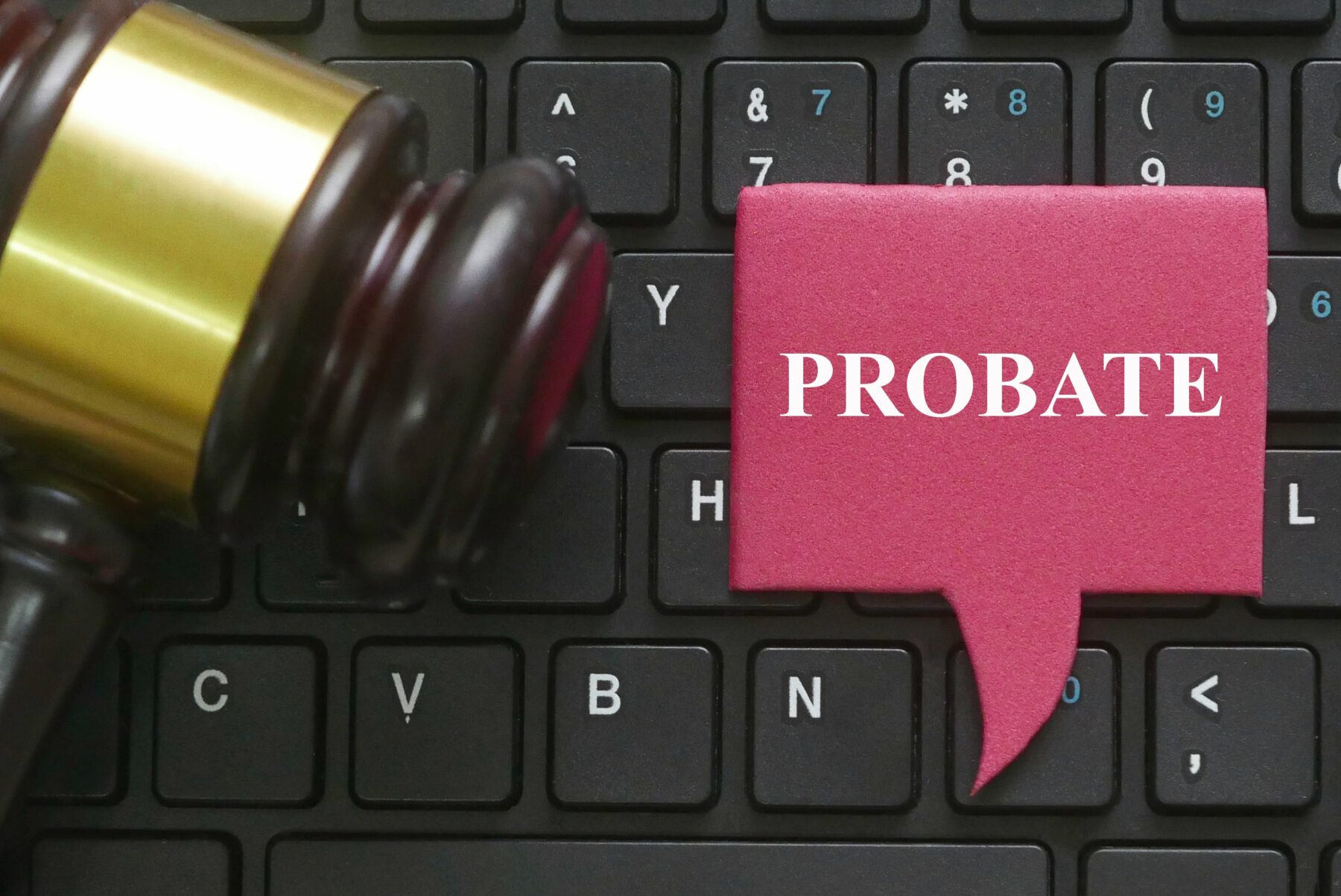A Statutory Will is made on behalf of someone who has been deemed unable to create or update a Will themselves because they lack mental capacity. The Will is made and approved by the Court of Protection which is given the authority to do so based on the Mental Capacity Act 2005.
In order to determine whether a person has lost capacity, there are specific questions that must be answered.
- Do they understand the information relevant to the decision?
- Are they able to retain this information, even for a short time?
- Can they use that information as part of the decision-making process?
- Are they able to communicate their decisions?
It’s important to remember that a person can lack the mental capacity to make certain decisions but be to make simple ones.
A Statutory Will has the same effect as if the person who did not lack mental capacity made and executed the Will themselves.
Applying for a Statutory Will
One must apply for a Statutory Will with the Court of Protection. This is the only court that can deal with Statutory Wills, as it was set up to oversee the interests of those who cannot make critical decisions for themselves. The application can be challenging, so using the services of a solicitor with experience in dealing with the Court of Protection is recommended.
Anyone can apply for a Statutory Will after receiving permission from the Court of Protection. Certain people are not required to get the court’s permission before applying. These people include:
- Court-appointed deputies
- Public guardians
- Attorneys under an EPA or LPA
- Someone who, either through an existing Will or intestacy laws, would be entitled to property (i.e. a spouse)
The person who applied for the Will must sign two copies of the Will on behalf of the person who has lost mental capacity. There must be two witnesses over the age of 18 present when the Will is signed. Their signature is also required.
The Application
When you apply for a Statutory Will, you will be required to provide some or all of the following documents:
- A statement describing why you think the Statutory Will is required
- An “Assessment of Capacity” form (Form COP3)
- If applicable, a copy of the current Will with all amendments/codicils
- Information about the proposed Executors, as well as their agreement to fulfill the role of Executor
- Information about beneficiaries and the reason they should be included in the new Will
- Deputyship orders, if applicable
- Any LPA (Lasting Power of Attorney) or EPA (Enduring Power of Attorney)
- Details on inheritance tax that could arise because of the Statutory Will
- The following details about the person for who the Statutory Will is proposed:
- Proof that they reside in England or Wales
- Family details
- Assets, debts, and income
- Current and future needs
- Residence and costs
- Their medical condition
- Their life expectancy
Costs
Check the Court of Protection website for the current application fee. If there is a hearing, there will be an additional fee. You will also be required to pay solicitor’s and counsel’s fees if applicable.
After you have filed the Application, what’s Next?
After the Court of Protection receives your application, they will issue a “Directions Order,” which will advise you on what will happen next.
For example, the directions might advise you to notify the solicitor representing the person who cannot make decisions for themself, anyone named in an existing Will, or anyone who may benefit if a person died intestate about the application.
If the involved parties can’t agree on the proposed terms of the Will, there may be a Court Hearing. If this happens, the Court will appoint the Official Solicitor to represent the person who lacks capacity. If no one objects to the proposal, it typically takes about six months to get the Statutory Will.
Trust Elizabeth Middleton Solicitors for All Your Estate Planning Needs
A Statutory Will can be helpful. Still, it isn’t ideal for every situation. To ensure you are making the best decision for your circumstances, enlisting the assistance of a knowledgeable solicitor is essential.
At Elizabeth Middleton Solicitors, we can help you plan for the future and solve legal problems with professionalism, expertise, compassion, and kindness. We know that you want to ensure that your family is protected after you pass away, and we want to help ensure that your last wishes are fulfilled.
Contact us today to schedule a consultation in our private office in Winnersh Triangle or in the comfort of your own home.











